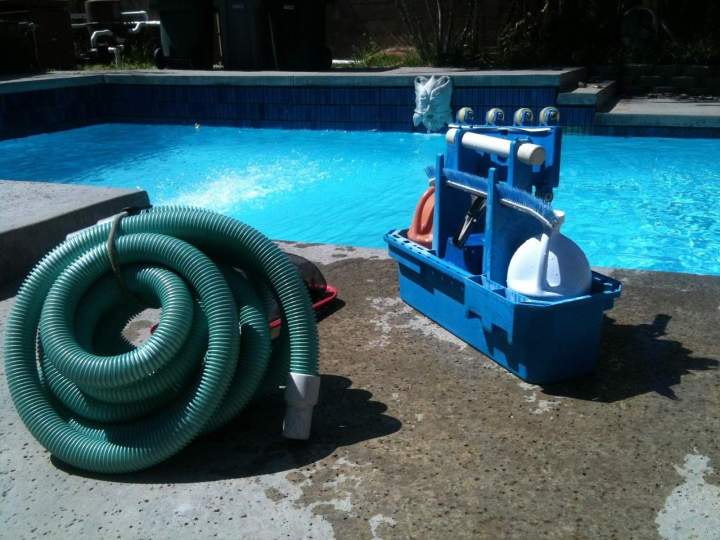How Often Should I Test My Pool Water?

Properly balancing your pool water is crucial for a healthy and safe swimming experience. Consistent testing is the foundation of effective pool maintenance, preventing issues that can harm both swimmers and your pool's infrastructure.
The Golden Rule: Test Weekly, Adjust When Needed
As a general guideline, you should test your pool water at least once a week during the swimming season. This regular check-in allows you to monitor the most critical chemical levels, including pH, chlorine, and alkalinity. The pH level, which measures acidity and alkalinity, is a key factor. If it's too high or too low, it can cause skin and eye irritation for swimmers and also reduce the effectiveness of your chlorine. Chlorine is your primary sanitizer, and keeping it within the ideal range (typically 1-3 parts per million) is essential for killing bacteria and other contaminants.
Alkalinity acts as a buffer for your pH, helping to keep it stable and preventing sudden fluctuations. While weekly testing is the standard, certain factors necessitate more frequent checks. For instance, after a heavy rainstorm, a pool party with many swimmers, or a period of intense heat, your pool's chemistry can be significantly altered. In these cases, it's wise to test the water more often to prevent imbalances from escalating. By making testing a consistent part of your routine, you can catch minor issues early, saving you from a costly and time-consuming "green pool" crisis. At ShellShot Custom Pools, we emphasize the importance of this simple step in maintaining your investment.
Why Skipping Testing Is a Risky Business
Ignoring regular pool water testing can lead to a host of problems that are far more expensive and difficult to fix than routine maintenance. Without consistent monitoring, your pool's water can become a breeding ground for harmful bacteria and algae. This not only makes the water unsafe for swimming, potentially causing illnesses and skin rashes, but also turns the water cloudy or green, making it unappealing. Furthermore, imbalanced water chemistry can cause serious damage to your pool's equipment and surfaces.
Water that is too acidic (low pH) can corrode and damage metal parts like heaters, ladders, and pump components, as well as etch your pool's plaster or tile. Conversely, water that is too alkaline (high pH) can lead to scaling, where mineral deposits build up on pool walls, floors, and inside your filtration system, reducing its efficiency and lifespan. Regular testing helps you avoid these long-term issues, protecting the structural integrity and aesthetic appeal of your pool. For a hassle-free solution, our professional team at ShellShot Custom Pools offers customized maintenance plans that include regular, expert water testing and chemical balancing, ensuring your pool is always in perfect condition.